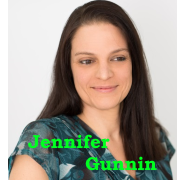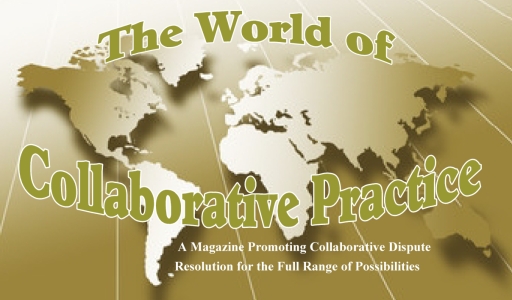
Tags
Related Posts
Share This
Working with a Peacemaking Collaborative Attorney
When I joined my firm three years ago, the managing attorney, Adam B. Cordover, preferred and advocated for out-of-court dispute resolution, including collaborative practice. We still had many litigated cases. Not every client, spouse, and other attorney is willing to agree to a more peacemaking approach, especially when they don’t know much about it. But we had faith that we were on to something, and that if given the opportunity and knowledge, more people would choose collaborative law.
In 2015, we changed our name to Family Diplomacy: A Collaborative Law Firm, and began practicing exclusively in out-of-court dispute resolution, offering services such as collaborative divorce and family law, mediation, direct negotiations, and unbundled legal services.
A month after relaunching the firm, I attended my first collaborative training with Lone Star Trainers in St. Petersburg, Florida. I was looking forward to learning as much as possible about how the collaborative process is a better way to get divorced. I am on the front lines with clients and potential clients every day. I am the first person with whom they speak after oftentimes spending a few sleepless nights arguing, crying, and searching the internet for divorce attorneys. They don’t know where to turn, or whom to trust. They are worried about their children, their finances, and their futures. My job is to help them understand that it is worth the time and expense to speak with an attorney who can explain their options, and assist in dissolving their marriage peacefully and respectfully. It is not always an easy task. People oftentimes know nothing about collaborative practice when they contact us, but many are looking for something different.
Attending the introductory training provided me with additional skills and knowledge that I use to help the clients and potential clients understand that learning about collaborative practice is valuable and important. The training taught me that one of the most important aspects of collaborative practice is self-determination: allowing families to choose their own options to discuss when settling issues, rather than having lawyers and judges make decisions for them. Parents are given a voice, and their futures begin with their thoughts and ideas about what is best for their families.
Linda Solomon was the neutral mental health professional with Lone Star, and she did a fantastic job. While observing her, I understood the vital role of the collaborative neutrals. He or she helps to soothe the clients in the inevitable tense and emotional moments, aids in communication so that the clients feel that they are being heard and understood, and refocuses the clients on solutions rather than resentment, the future rather than the past.
The use of a financial neutral can potentially save clients thousands of dollars by getting a clear picture of the family’s finances as quickly and efficiently as possible, and providing them with advice and experience that most attorneys don’t have.
Before the training, I wondered if they might be dispensable in some cases, especially those in which the parties have low incomes. I now have little doubt that more billable hours would be spent without the neutral facilitator and neutral financial professional involved.
Since beginning my career with this firm, I have learned that the court system is not designed to make decisions for families. Most people have no experience with family law, and are not prepared for the long, expensive, and exhausting battle that a litigated family law case can become. The court appearances continue, the case drags on, the bills pile up, and the judges keep sending the parties back to mediation, and back to their attorneys to try and work it out themselves once again. The court may only know a fraction of what is actually happening within a family, and does not always have the time to listen to each individual, get to know a family, and make the best decision.
Collaborative practice treats individuals as a family unit that has made a decision to change in a respectful and peaceful manner, rather than as adversaries who are on opposite sides trying to “win.” Collaborative practice allows families the dignity of keeping their private issues out of the courtroom. We help families work together to find a solution that benefits everyone and does not leave one person as the loser. We will continue to work to help people improve their lives and care for their families during what may be the most difficult time of their lives. Our hope for the future is that while divorce is challenging, it can be civil, and it does not have to destroy families. We hope that families can look forward to brighter new beginnings.









Share your thoughts here and in your network.